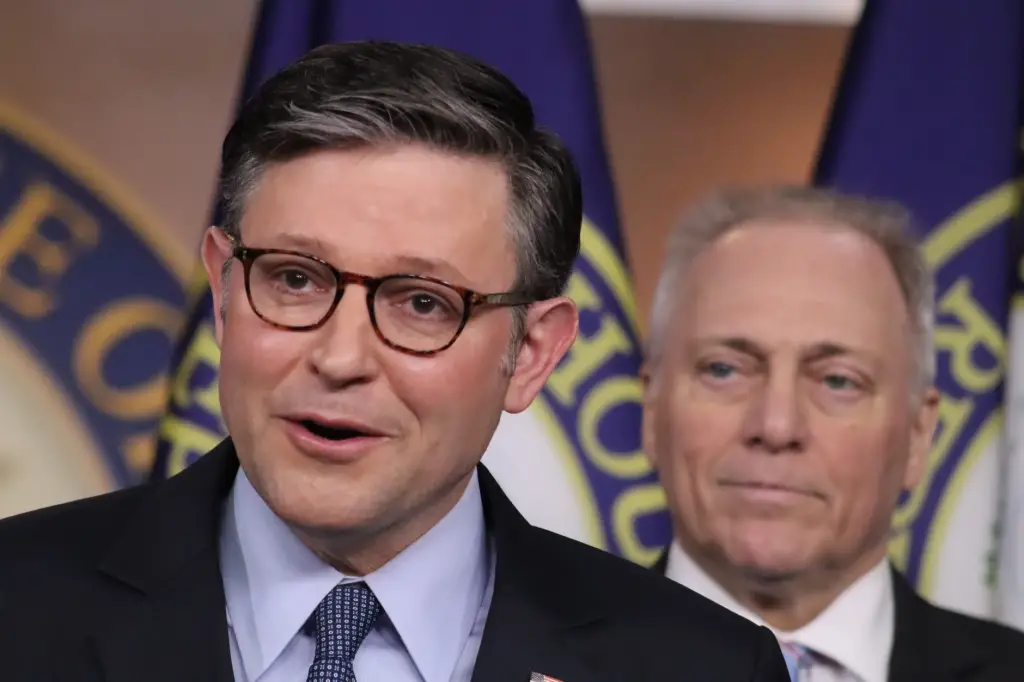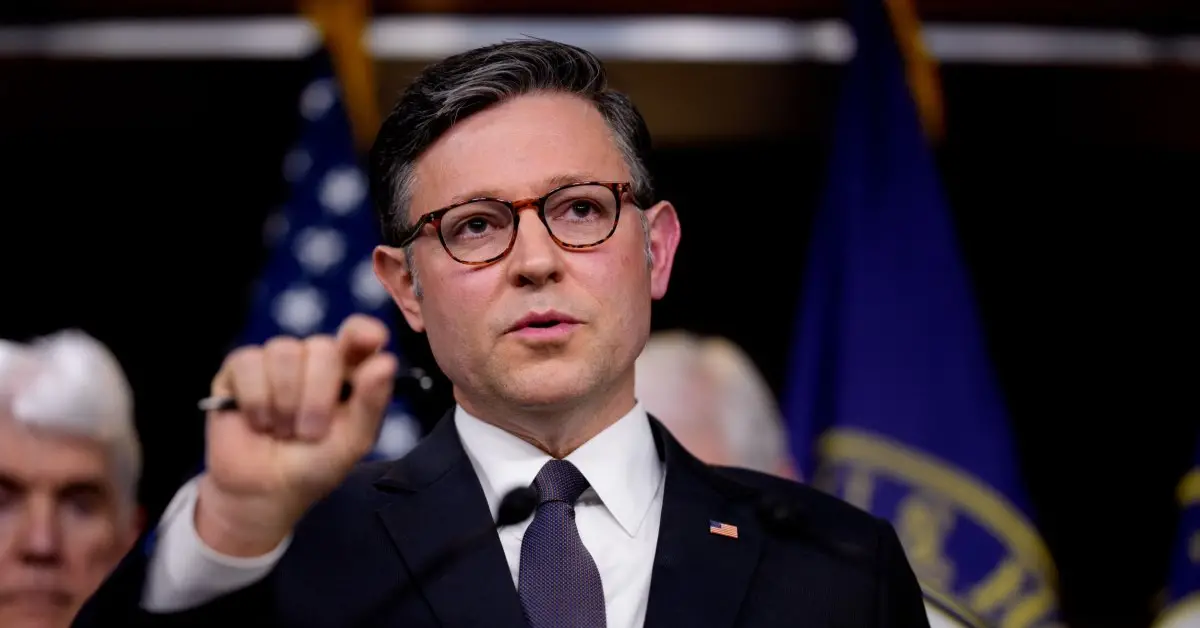As members of Congress return to their home districts during the recess, a growing storm of criticism awaits many Republicans. Their proposed budget plan—widely seen as favoring the rich—has triggered backlash from constituents, community leaders, and advocacy groups across the country. From town halls to local media interviews, GOP lawmakers are being pressed to explain why their new economic plan appears to widen the gap between the wealthy and the working class.
This renewed criticism comes after the GOP unveiled a budget proposal that includes significant tax breaks for the wealthy and corporations, alongside proposed cuts to key public services like Social Security, Medicare, and education. The plan has reignited debates on economic fairness, with many calling it a “rich-get-richer” agenda that leaves everyday Americans behind.
What’s in the GOP Budget Plan?
The proposed Republican budget includes the following key elements:
- Major tax cuts for individuals earning above $400,000 annually.
- Corporate tax rate reductions.
- Spending cuts to entitlement programs such as Social Security and Medicare.
- A reduction in funding for public education and housing.
- Elimination of some green energy subsidies.
According to the non-partisan Congressional Budget Office (CBO), the plan would reduce the federal deficit in the long term, but largely by slashing programs that benefit middle- and lower-income Americans. You can view official CBO projections.
Critics argue that the plan prioritizes billionaires and large companies while ignoring pressing economic issues faced by the average family, like rising healthcare costs and affordable housing shortages.
Town Halls Turn Tense Across U.S.
Republican representatives returning to their districts are facing tough questions from constituents. In places like Ohio, Pennsylvania, Texas, and Georgia, public meetings have seen emotional outbursts and direct confrontations over the proposed budget.
In Cincinnati, Ohio, one attendee shouted, “Why do billionaires get another break while we’re struggling to pay rent?”

Similarly, in San Antonio, Texas, a retired schoolteacher demanded to know why her Medicare coverage might be affected while large corporations see tax relief.
These town hall meetings have highlighted a sharp disconnect between Washington priorities and public sentiment. Even traditionally conservative voters are expressing concerns about income inequality and financial insecurity.
A Risky Political Move Ahead of the 2024 Election
Political analysts believe this backlash could impact the 2024 elections. The budget proposal is giving Democrats fresh ammunition to accuse Republicans of being out of touch with the working class. In several battleground states, Democrats are already running ads criticizing the budget as “unfair” and “dangerous for seniors and families.”
Even some Republican strategists are privately admitting that the optics of cutting benefits while lowering taxes for the wealthy are hard to defend. They worry that this could turn into a replay of past budget battles that hurt GOP candidates at the ballot box.
GOP Response: Defending the Budget
Republicans, however, argue that their budget plan will stimulate the economy, reduce inflation, and promote job creation. They claim that tax relief for the wealthy and corporations will lead to more investment and economic growth.
House Budget Committee Chair Jodey Arrington (R-TX) defended the proposal, stating, “We’re offering a responsible plan that puts America on a path to fiscal sustainability. This isn’t about favoring the rich; it’s about fixing our economy.”
Yet, economists remain divided. While some agree that lower corporate taxes can encourage growth, many others stress that cutting programs like Social Security could have a harmful ripple effect across the broader economy.
The Real-Life Impact on Americans
If passed in its current form, the GOP budget could have significant consequences for everyday Americans. Here’s what experts are warning about:
- Seniors could see reduced access to healthcare and prescription drugs if Medicare funding is cut.
- Low-income families may struggle more if housing assistance and food programs are slashed.
- Students could face larger class sizes and fewer resources due to education budget cuts.
- Workers might see fewer job protections and training opportunities.
The U.S. Government Accountability Office (GAO) has previously reported how cuts to federal programs disproportionately hurt vulnerable populations.
Democrats Seize the Moment
Democrats have been quick to highlight the public’s reaction as proof that Republican policies are out of step with American values. President Biden, in a recent speech, labeled the GOP budget “extreme and irresponsible,” vowing to protect Social Security and Medicare.
Democratic lawmakers have launched a campaign titled “Protect the Middle Class,” aimed at showcasing how their own budget priorities focus on reducing costs for families, investing in healthcare, and expanding education access.
What Happens Next?
The proposed budget is still in the early stages of the legislative process, with debates expected to intensify when Congress reconvenes. While some Republicans are standing firm, others may be forced to reconsider their positions due to the overwhelming pushback from constituents.
As more town halls are scheduled in the coming weeks, the pressure will likely continue to build. Voters are watching closely, and the choices lawmakers make now could have lasting effects—not just on the national economy, but also on their political futures.




